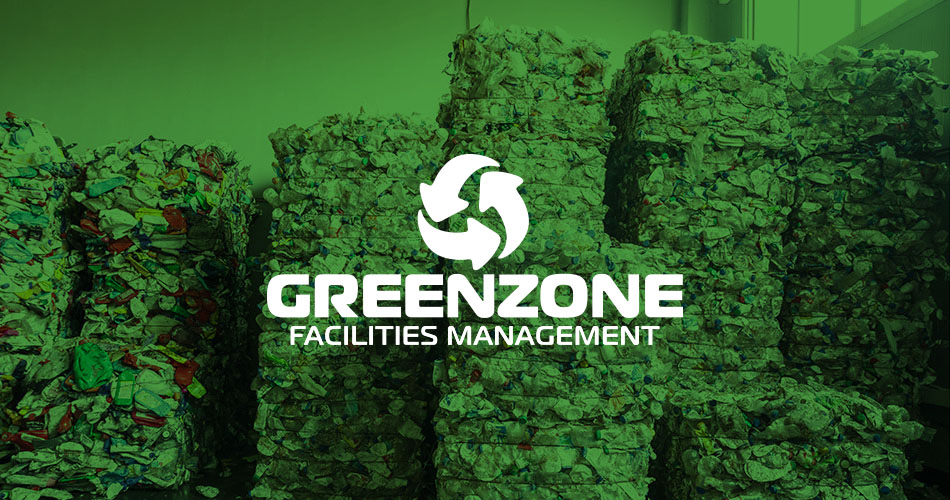With more than 40 per cent of the weight of an average grey general waste bin made up of food waste, the scheme provides an opportunity for households to vastly increase the amount they recycle via small, five-litre indoor kitchen food caddies which will be supplied to houses and flats.
These will be accompanied by larger 23-litre outdoor food bins for houses and food waste bins for flats, all of which will be emptied weekly.
Residents will be able to use their caddies to recycle everything food-related, from plate scrapings and bones to fruit and vegetable peelings, egg shells, tea bags, stale bread and used cooking oil presented in plastic bottles.
The majority of residents will have their food caddies delivered from January 4, 2021, and will be able to recycle their food waste every week from February 1, however an ‘early adopters’ scheme – allowing 3,000 residents to test the scheme out in advance – begins on October 5 on 61 roads across pilot areas of the town.
The new food waste collection service is being accompanied by 1,40l general waste bins replacing the current 2,40l grey bins, with research showing that the reduction encourages greater levels of recycling. It has been found that 8 per cent of the contents of general waste bins is mixed recycling, such as cans, paper and plastic, which can be recycled through the council’s kerbside recycling collections.
The old bins will be taken away to be reused or recycled into new bins.
Households that currently have large or multiple grey bins and still need the extra capacity will be able to contact the council so it can assess their needs.
The scheme will play a big part in the borough’s commitment to the environment and its ambitions to raise recycling rates to above 50 per cent.
Re3 estimates that if each household in Reading recycles 1kg of food (the equivalent of a bag of apples) each week, it will have the same environmental impact as taking 8,700 cars off the road in terms of the amount of methane captured at the anaerobic digestion plant during the food recycling process.
As this is then converted into electricity on site, it would create enough energy to power 315 homes on ongoing basis.
Adele Barnett-Ward, RBC’s lead councillor for Neighbourhoods and Communities, said: “Food waste collections are a vital step in helping Reading achieve higher recycling rates.
Orginal Source

